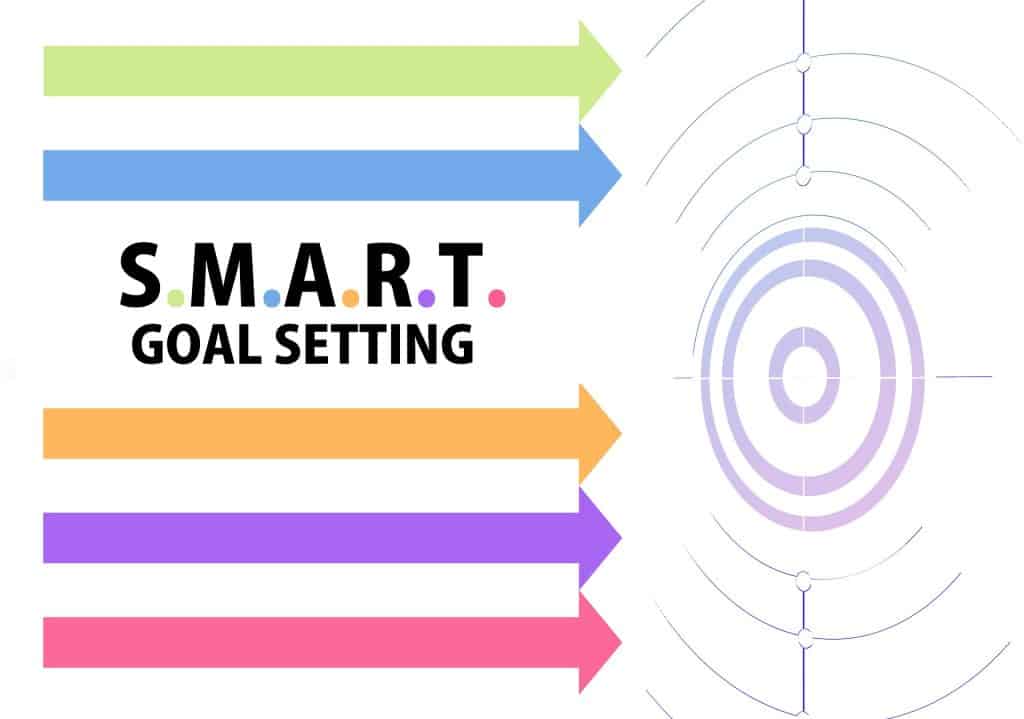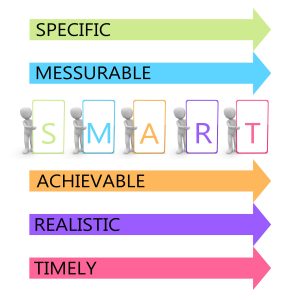How to Set SMART Fitness Goals and Achieve Them

When it comes to fitness, setting goals is crucial for progress. However, not all goals are created equal. If you want to make real progress and see lasting results, you need to set SMART fitness goals. In this article, we’ll show you how to do just that, and we’ll also provide tips on how to achieve those goals.
What are SMART Fitness Goals?
SMART is an acronym that stands for Specific, Measurable, Achievable, Relevant, and Time-bound. These criteria help ensure that your goals are well-defined and actionable. Let’s break down each component:
- Specific: A specific goal is clear and easy to understand. Instead of saying, “I want to lose weight,” a specific goal would be, “I want to lose 10 pounds.”
- Measurable: A measurable goal is one that you can track and quantify. For example, “I want to run a 5K in under 30 minutes.”
- Achievable: An achievable goal is realistic and attainable. While it’s important to challenge yourself, setting an unrealistic goal may lead to disappointment and loss of motivation.
- Relevant: A relevant goal aligns with your broader objectives and values. If your primary goal is to improve your overall health, a relevant goal might be, “I want to lower my blood pressure to a healthy range.”
- Time-bound: A time-bound goal has a deadline, which helps you stay focused and motivated. For example, “I want to complete a half marathon in six months.”

Setting SMART Fitness Goals
Now that you understand what SMART goals are, let’s discuss how to set them. Follow these steps:
- Identify your primary fitness objective: What do you want to accomplish? This could be anything from losing weight to gaining muscle or improving your athletic performance.
- Break it down into smaller, manageable goals: Instead of focusing solely on your primary objective, create a series of smaller goals that will lead you there. This will make the process less overwhelming and more achievable.
- Make each goal SMART: Apply the SMART criteria to each goal, ensuring they are specific, measurable, achievable, relevant, and time-bound.
- Create an action plan: Determine the steps you need to take to achieve your goals. This may include creating a workout schedule, adjusting your diet, or working with a personal trainer.
- Monitor your progress: Regularly track your progress and adjust your plan as needed. Celebrate your successes and learn from any setbacks.
Tips for Achieving Your SMART Fitness Goals
With your SMART goals in place, it’s time to work towards achieving them. Here are some tips to help you succeed:
Stay consistent: Consistency is key when it comes to fitness. Stick to your workout schedule and make exercise a regular part of your routine.
Pay attention to your diet: Proper nutrition is crucial for achieving your fitness goals. Make sure you’re getting enough protein (learn how much here) and eat a balanced diet.
Overcome plateaus: It’s normal to hit a plateau in your progress, but there are ways to break through and continue making gains.
Stay active while traveling: Don’t let travel derail your fitness goals. Check out these tips for staying active and fit on the road.
Maximize your time: Busy schedules can make it difficult to find time for exercise, but there are ways to fit in effective workouts even when you’re short on time.
Focus on recovery: Proper rest and recovery are essential for making progress. Be sure to give your body enough time to recuperate after workouts and prioritize sleep.

Prepare your meals in advance: Planning and prepping your meals can help you stay on track with your nutrition goals. Check out these meal prep tips for athletes to get started.
Stay accountable: Share your goals with friends, family, or a personal trainer to help keep you accountable. Joining a fitness group or working with a personal trainer can also provide additional motivation and support.
Adjust your goals as needed: It’s important to reassess your goals periodically and make adjustments as necessary. This might mean setting new goals, adjusting time frames, or modifying your action plan.
Celebrate your accomplishments: When you achieve a goal, take the time to celebrate your success. This can help boost your motivation and reinforce the positive habits you’ve developed.

Setting SMART fitness goals is an important step towards achieving your fitness objectives. By making your goals specific, measurable, achievable, relevant, and time-bound, you’ll be well on your way to making lasting progress.
Keep these tips in mind as you work towards your goals, and don’t be afraid to seek the guidance of a personal trainer like Justin for expert advice and support. Remember to stay consistent and celebrate those wins along the way!

